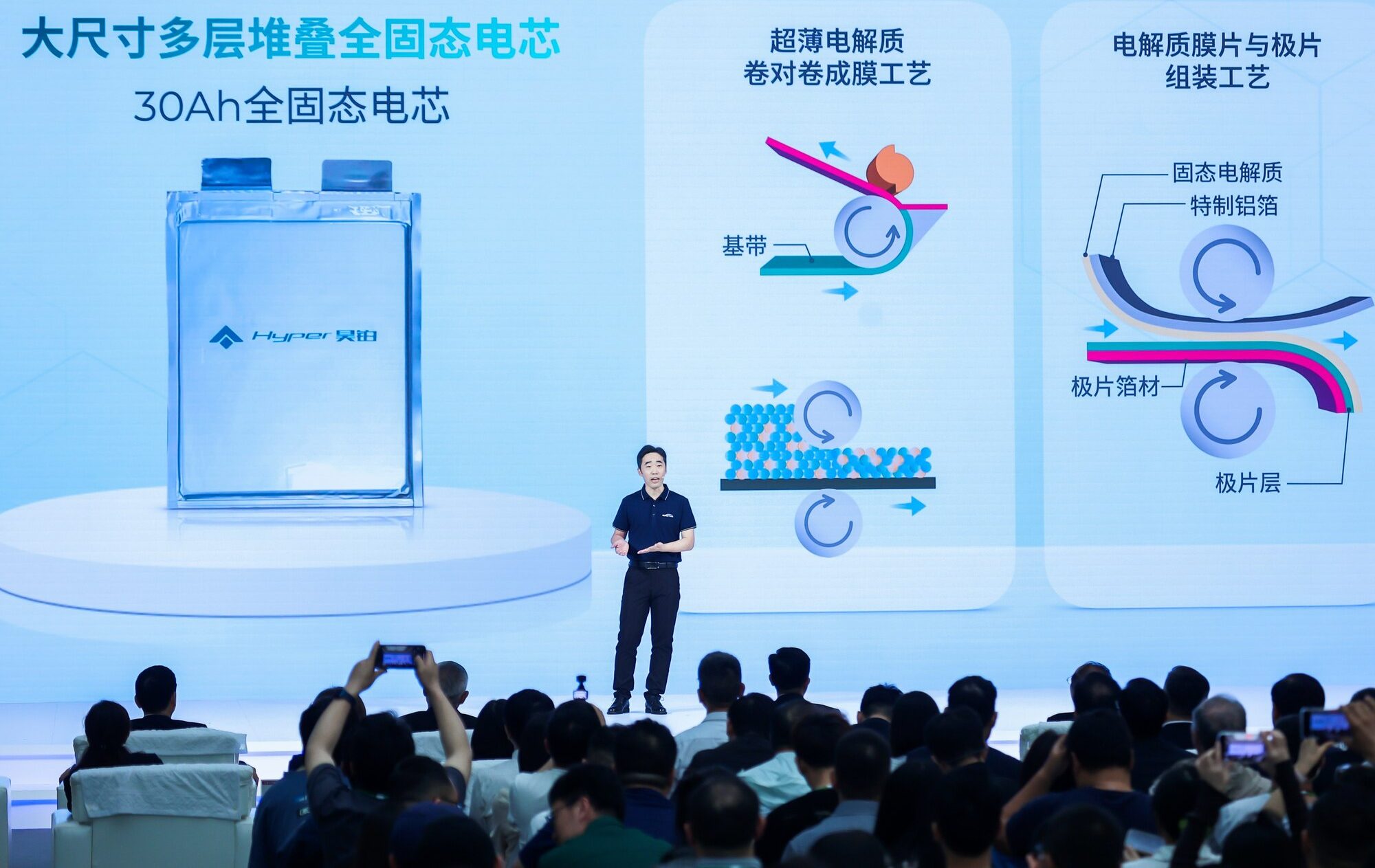When Legend Internet Plc rang the bell on the trading floor of the Nigerian Exchange (NGX) on April 24, 2025, it made history as the country’s first and only internet service provider (ISP) to go public.
Unlike many IPOs, Legend Internet was listed by introduction, meaning no new shares were sold at the time of listing. Instead, the company made two billion ordinary shares available at ₦5.64 each, instantly adding ₦11.28 billion ($8.68 million) to the NGX’s market capitalisation. Since its listing, Legend’s shares have surged over 58%, landing in the NGX’s top 10 gainers.
Legend Internet was founded in 2014 with a mission to democratize internet access in Nigeria. For years, the company quietly built out its fiber infrastructure in Abuja, laying over 250,000 meters of cable and connecting more than 10,000 homes. By 2024, Legend had grown into Nigeria’s fastest-growing last-mile fiber provider, with a footprint covering 250,000 homes in the capital city alone and a vision to reach one million homes nationwide within five years.
Legend Internet provides high-speed internet, TV, and voice services through a single fibre optic cable directly to homes. At each location, an Optical Network Terminal (ONT) is installed, functioning as both modem and router to deliver wired and wireless connectivity. Users manage subscriptions and payments digitally via the MyLegend platform, which links to LegendPay for seamless renewals and customer support.
Going public
The path to public listing was anything but straightforward. Nigeria’s broadband market, while full of potential, is notoriously difficult for ISPs. Despite the country’s mobile connectivity boom, the fiber broadband penetration growth remains under 1%, starkly contrasting South Africa’s 30% annual growth. The reasons are many: high right-of-way costs, rampant vandalism of infrastructure, heavy taxation, and fierce competition from deep-pocketed mobile network operators. These challenges have forced over half of Nigeria’s licensed ISPs to shut down in recent years, leaving just 106 active players in a market of 20 million homes.
Legend Internet, led by CEO Aisha Abdulaziz, understood from the outset that survival and scale would require more than technical expertise.
Before going public, Legend Internet was privately funded through a mix of equity investments from founding partners, strategic investors, and reinvested operational revenues. Legend did not share the numbers. The focus was on building the network, customer acquisition, and digital platforms. As operations matured and the demand for capital increased to support long-term infrastructure growth and nationwide expansion, the company went public to raise more capital and strengthen its market position.
“We’re an infrastructure-intensive business, and to expand, you need long-term capital,” Abdulaziz said. “The only place to find that is the capital market.” The company spent six months preparing for its listing, meeting the NGX’s rigorous requirements, including the 20% free float rule to ensure enough shares are available for public trading.
Raising capital to fund expansion
The listing on the NGX is just the start of a much larger play for Legend Internet. The company is aiming to raise an additional ₦150 billion ($93 million) through a mix of debt and equity to fund an ambitious expansion plan. That capital will support the extension of its fiber network beyond Abuja to Lagos and eventually to 31 states across Nigeria.
The company will also upgrade its technology, hire talent, and scale operations.
At the core of Legend’s strategy is a focus on affordability. Understanding that high costs remain a major barrier to internet adoption for millions of Nigerians, the company has pledged not to increase its subscription prices, which currently start at ₦21,521 ($16.55) per month. Instead, it’s focusing on driving operational efficiencies, building a local supply chain, and limiting exposure to foreign exchange volatility to maintain competitive pricing.
According to its 2024 financial report, the company sharply reduced its cost of sales by 21%, which lifted its gross profit by 8.56% and boosted its gross margin to 59.5%. The company has focused on sourcing locally to reduce reliance on foreign exchange, which is volatile in Nigeria.
Turning WiFi users into digital economy participants
Legend is hoping to win with an aggressive push into free public WiFi. With 180 active hotspots across Abuja and more than 200,000 monthly connections, Legend is using free WiFi not just as a goodwill gesture, but as a strategic gateway into its wider ecosystem of digital services.
“Free WiFi is more than charity, it’s strategic,” Abdulaziz said. “It’s marketing, it’s outreach, and it’s a bridge to the digital economy for underserved Nigerians.”
Through its free public WiFi network, Legend introduces users to its broader ecosystem of digital services: LegendMail, Nigeria’s first indigenous email platform; LegendPay, a digital payments solution; and the upcoming MailPay, which will enable money transfers via email. The company’s goal is to turn these free WiFi users, especially from the 10 million low-income households with limited internet access, into long-term paying subscribers by offering valuable, easy-to-use services at their first point of digital contact.
While free public WiFi initiatives in Nigeria have largely struggled due to operational costs, regulatory issues, and lack of sustainability, Legend believes its integrated model can succeed where others have failed. Past efforts by Google Station, Surfwella, and state-led projects relied mostly on advertising and government funding and failed due to a lack of a clear revenue stream and user engagement. But by linking free access with core services, Legend is hoping to guarantee consistent revenue and increased user engagement.
For the company, the listing is just the start. It wants to build what Abdulaziz calls the “foundation layer” of Nigeria’s digital economy.









